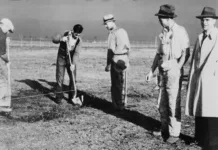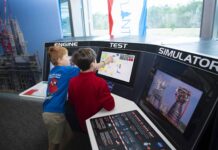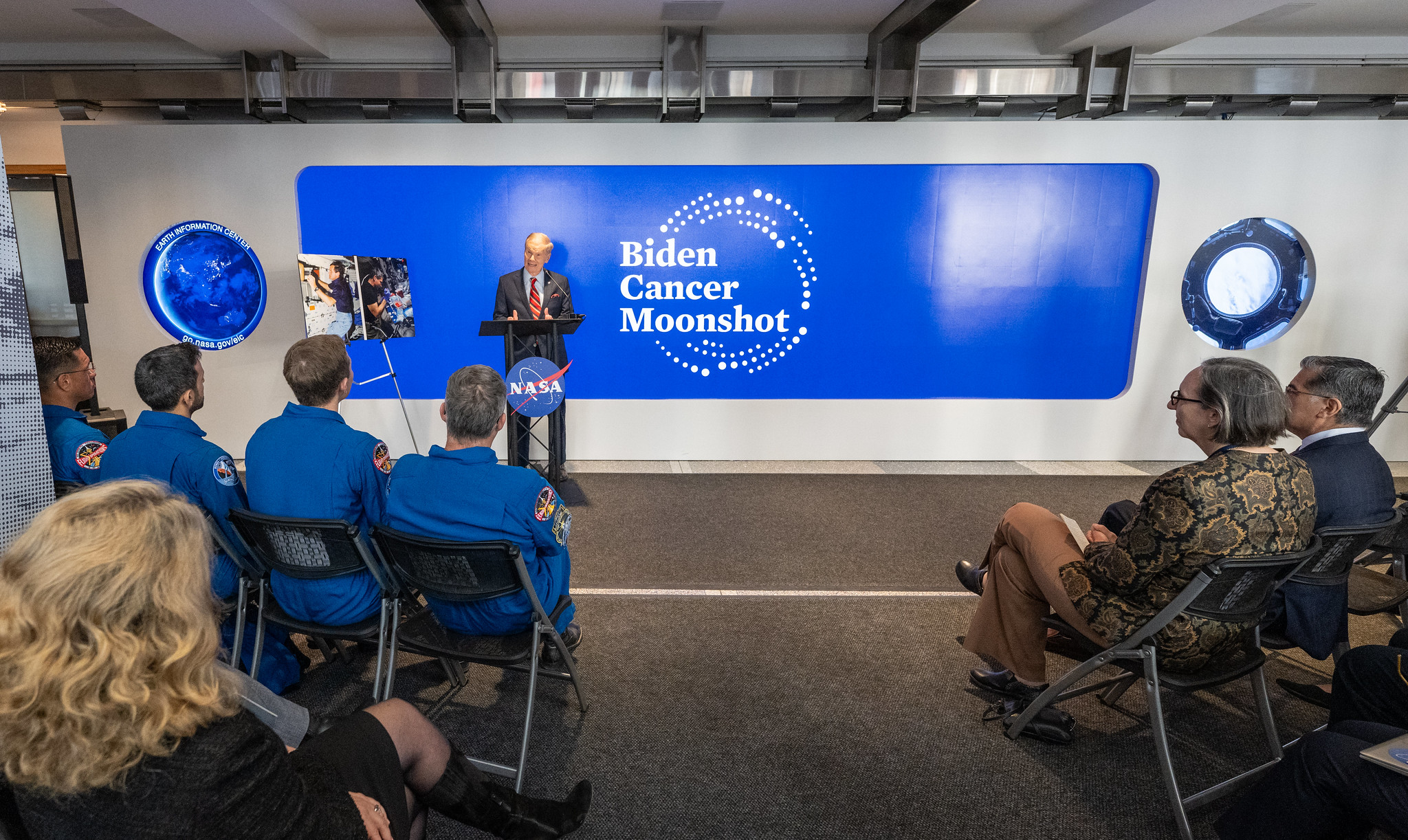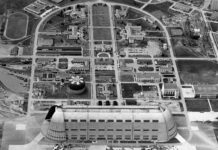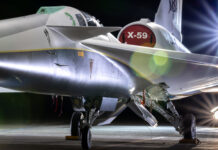NASA’s Role in the Fight Against Cancer: An Informative Event as Part of the Biden Cancer Moonshot
As part of the Biden Cancer Moonshot initiative, NASA is set to host a virtual event on Thursday, July 11 at 2 p.m. EDT. This event will shed light on the agency’s efforts to combat cancer through research conducted aboard the International Space Station (ISS). This initiative aligns with one of the main goals of the Cancer Moonshot: to drastically reduce the cancer mortality rate in the United States by at least 50% within the next 25 years.
Event Details
The event will be available for streaming on NASA Television, the NASA app, and the agency’s official website. For those interested in tuning in, NASA has provided a guide on how to stream NASA TV through various platforms, including social media channels. This accessibility ensures that anyone with an interest in space research or cancer treatment can join and learn about the groundbreaking work being done.
Key Participants
The event will feature several prominent figures in the field of space and medical research, including:
- Dr. Michael Roberts, Chief Scientific Officer at the International Space Station National Laboratory.
- Dr. Catriona Jamieson, Director of the Sanford Stem Cell Institute at the University of California San Diego.
These experts will discuss the innovative research being conducted on the ISS and how it contributes to the broader goals of the Cancer Moonshot initiative.
NASA’s Commitment to the Cancer Moonshot
As a member of the Cancer Cabinet, NASA collaborates with various federal agencies and researchers to tackle cancer comprehensively. The agency’s involvement in the Cancer Moonshot is a testament to its commitment to leveraging space-based research for the benefit of humanity. The Cancer Cabinet aims to pool resources and expertise to make significant strides in cancer treatment and prevention.
Research Aboard the International Space Station
The International Space Station serves as a unique laboratory for conducting research that is not possible on Earth. The microgravity environment of the ISS allows scientists to study cancer cells’ behavior in ways that can lead to new treatments and therapies. For instance, researchers can observe how cancer cells grow, mutate, and respond to various treatments without the interference of Earth’s gravity. This research provides invaluable insights that could lead to breakthroughs in cancer treatment.
The Biden Cancer Moonshot
Launched with the ambitious goal of reducing the cancer death rate by at least 50% over the next 25 years, the Biden Cancer Moonshot seeks to accelerate cancer research, improve prevention and early detection, and enhance patient care. The initiative brings together a wide range of stakeholders, including government agencies, private companies, academic institutions, and non-profit organizations.
To learn more about the Biden Cancer Moonshot, you can visit the official website: Biden Cancer Moonshot.
Why This Matters
Cancer remains one of the leading causes of death worldwide, and the need for innovative treatments and therapies is more urgent than ever. NASA’s participation in the Cancer Moonshot highlights the agency’s versatility and its ability to contribute to critical global health issues. By utilizing the unique environment of the ISS, NASA provides researchers with unparalleled opportunities to make significant advancements in cancer research.
Good to Know: The Impact of Space Research on Medical Science
Space research has historically led to numerous medical advancements, many of which have become integral parts of modern healthcare. For example, technologies initially developed for space missions have been adapted for medical imaging, leading to the development of advanced MRI and CT scanners. Similarly, the study of bone density loss in astronauts has informed treatments for osteoporosis.
The research conducted aboard the ISS continues this legacy, offering new possibilities for understanding and treating various diseases, including cancer. The microgravity environment of the ISS allows for unique experiments that can lead to groundbreaking discoveries. For instance, protein crystallization experiments conducted in space have led to better understanding of proteins involved in cancer, potentially leading to more effective drugs.
Reactions and Reviews
The scientific community has shown great interest in NASA’s contributions to cancer research. Dr. Francis Collins, former Director of the National Institutes of Health (NIH), has praised the collaborative efforts, stating, "NASA’s involvement in the Cancer Moonshot exemplifies how interdisciplinary approaches can lead to significant advancements in medical science."
Patients and advocacy groups have also expressed optimism about the potential benefits of this research. The American Cancer Society has highlighted the importance of innovative research methods, noting that "the unique conditions of the ISS offer a new frontier for cancer research, which could lead to breakthroughs that benefit patients worldwide."
Conclusion
NASA’s upcoming virtual event as part of the Biden Cancer Moonshot is a significant step in the fight against cancer. By leveraging the unique research capabilities of the International Space Station, NASA is helping to pave the way for new treatments and therapies that could save countless lives. This collaboration between space research and medical science exemplifies the innovative approaches needed to tackle one of the most pressing health issues of our time.
For those interested in learning more about this groundbreaking work, be sure to tune in to the event on Thursday, July 11 at 2 p.m. EDT. Stay informed, stay engaged, and join the global effort to combat cancer.
For further information and to stream the event, visit NASA’s official website or use the NASA app. Together, we can make strides towards a future where cancer is no longer a formidable adversary but a conquerable challenge.
Contact Information:
Faith McKie
Headquarters, Washington
202-358-1600
faith.d.mckie@nasa.gov
For more Information, Refer to this article.


















